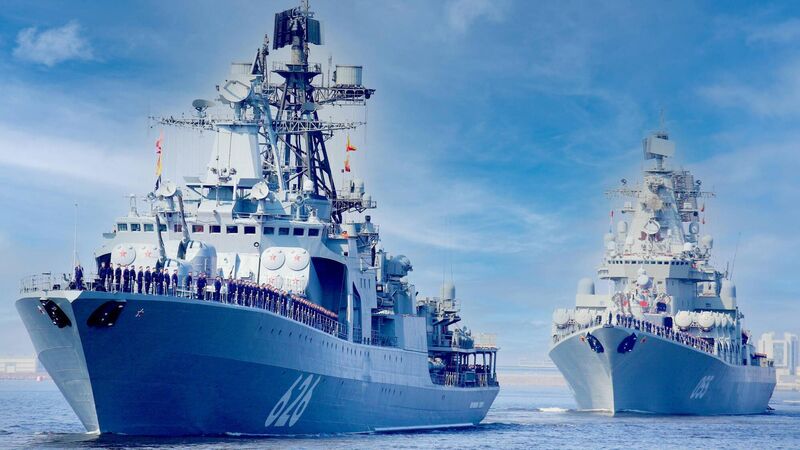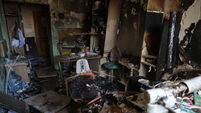Daniel McConnell: It's time for Ireland to grow up and abandon neutrality

There was an air of unreality about the planned war games off the Cork coast in January, the Vice-Admiral Kulakov and the Marshal Ustinov among the warships. Fast forward a few weeks and we all know now that Russia's firepower is very real indeed. File picture
In 1974, the US, unhappy with having to keep hundreds of thousands of troops in Europe, said bluntly that it was “up to Europe to look after its own defence”.
President Richard Nixon, along with his controversial adviser Henry Kissinger, articulated their view that maintaining a large US military presence in Europe to combat the Soviet Union was becoming increasingly intolerable.















